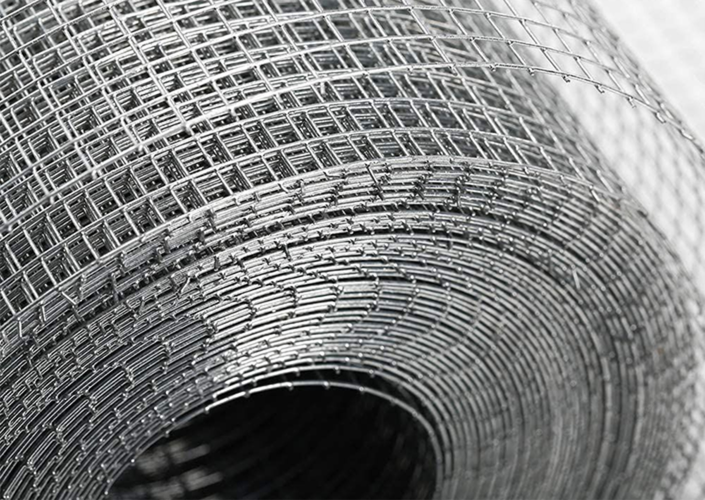Durable Heavy Gauge Wire Fencing Solutions for Secure Agricultural and Residential Boundaries
The Versatility and Benefits of Heavy Wire Fences
In today's world, security, durability, and functionality are paramount when it comes to choosing the right fencing solution. Heavy wire fences, known for their robustness and reliability, have emerged as a popular choice for a variety of applications, from agricultural settings to commercial installations, and even residential properties. This article delves into the key features, benefits, and applications of heavy wire fences.
Understanding Heavy Wire Fences
Heavy wire fences are constructed using thick, sturdy wire, typically ranging from 12 to 14 gauge. This thickness provides exceptional strength, making these fences capable of withstanding significant forces, including harsh weather conditions and attempts at intrusion. The wire can be galvanized or coated, enhancing its resistance to rust and corrosion, thereby prolonging its lifespan.
Benefits of Heavy Wire Fences
1. Durability One of the standout features of heavy wire fences is their durability. They are built to last, often exceeding decades without requiring major repairs. This durability translates to lower costs over time, making them a cost-effective fencing solution.
2. Security The strength of heavy wire makes it a formidable barrier against trespassers and unwanted animals. Whether it's securing a farm or protecting a home, these fences provide peace of mind for property owners. Their design often includes features like barbed wire or additional reinforcement options for enhanced security.
3. Versatility Heavy wire fences are extremely versatile and can be used in a variety of settings. They are ideal for agricultural properties, where they can contain livestock or protect crops from wildlife. In commercial settings, heavy wire fences can secure equipment yards or warehouses. Additionally, they are popular in residential areas for perimeter fencing, providing both security and aesthetic appeal.
heavy wire fence

4. Low Maintenance Unlike wooden fences, which may require regular painting or staining, heavy wire fences demand minimal maintenance. A simple wash to remove dirt and debris is usually all that’s needed to keep them looking good. Their ability to withstand the elements without deteriorating quickly adds to their appeal.
5. Environmental Impact Many heavy wire fences are made from recycled materials, making them an eco-friendly choice. Additionally, they do not require chemicals for preservation, reducing their environmental footprint.
Applications of Heavy Wire Fences
The applications for heavy wire fences are vast. In the agricultural sector, they are commonly used to contain livestock such as cattle, sheep, and goats. The strength of the wire prevents animals from pushing through or breaking the fence, ensuring their safety and security.
In commercial settings, these fences can be found surrounding warehouses, factories, and construction sites. They provide an effective deterrent against theft and vandalism, protecting valuable assets and equipment. Furthermore, heavy wire fences can serve as a clear boundary for properties, helping to define land ownership.
In residential contexts, homeowners utilize heavy wire fences for various purposes, including pet containment, gardening, and privacy. Their functionality combined with modern designs allows them to blend seamlessly into aesthetic landscapes.
Conclusion
Heavy wire fences represent a smart investment for anyone in need of a sturdy, secure fencing solution. Their durability, versatility, low maintenance needs, and environmental benefits position them as a front-runner among fencing options. As property owners increasingly prioritize security and reliability, the demand for heavy wire fences is likely to grow, reinforcing their role as a cornerstone in both agricultural and urban settings. Whether for livestock, commercial properties, or residential gardens, heavy wire fences offer an excellent combination of safety, functionality, and longevity.
-
Space-Saving Chain Fence Hacks Vertical Gardening with Cyclone MeshNewsJul.16,2025
-
Innovations in Iron Nail Wire Production for Modern ConstructionNewsJul.16,2025
-
Creative Uses of Wire Netting Fence in Modern Landscape DesignNewsJul.16,2025
-
Barbed Wire Fence Innovations in Anti-Climb TechnologyNewsJul.16,2025
-
Architectural Uses of Umbrella Nails for Aesthetic Roof DesignsNewsJul.16,2025
-
Architectural Uses of Razor Barbed Wire in Secure Urban DesignNewsJul.16,2025




